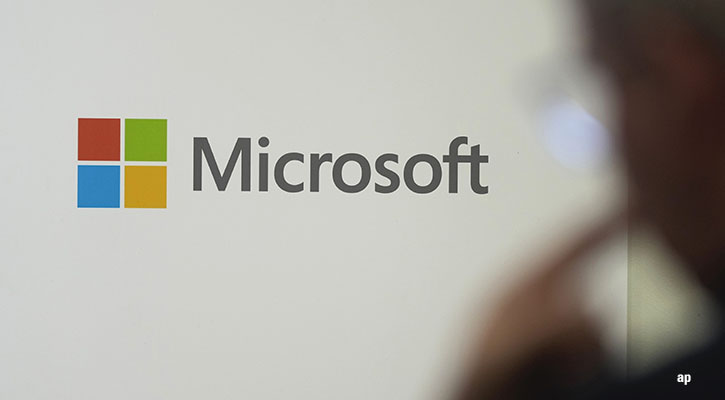The results from our third Morningstar ETF Centre survey show a further strengthening of U.K. investors’ preference for physical replication ETFs and a growing aversion to synthetic ETFs on the part of prospective investors. Our survey captured a broad range of investors that are either interested in or already investing via ETFs. Out of 593 total responses, 501 came from individual investors whilst 92 came from professional investors, mostly advisers. More than half of all respondents have already invested via ETFs, with the remainder still familiarising themselves with these new vehicles.
It remains apparent that the need for further education is paramount amongst private and professional investors alike. Of those retail investors who are unsure whether they will invest via ETFs, 65% responded that they would like to learn more about them before investing. While this is a noticeable decline from the 77% of individual investors who responded similarly in our first survey—released in September 2010—it remains indicative of the need for further education. Meanwhile, 64% of professional investors who responded that they were unsure whether they would use ETFs in the future cited a desire to learn more about them before deploying them in their own or their clients’ portfolios. This compares to a figure of 47% in our prior survey, marking a substantial uptick.
Despite ongoing efforts being made by providers of synthetic replication ETFs to improve the level of transparency and investor protection in their product lineups, respondents remain wary of swap-based ETFs. Amongst survey participants, 90% expressed that they were at least somewhat concerned about counterparty risk in ETFs (up from 82% in our previous survey), whilst 90% stated a specific preference for physically replicated funds over synthetic-replication funds (up from 74%).
While there is still a need for further education, especially as it pertains to the variety of structures employed by various providers of exchange-traded products and the pluses and minuses associated with them, the appeal of these vehicles remains clear to both current and prospective investors alike. In particular, ETF’s low costs continue to resonate with investors, with 91% of current ETF investors and 93% of prospective users citing ETFs’ low costs as being either a “very important” or “important” attribute.
Click here to download the full report into the ETF Survey results.























